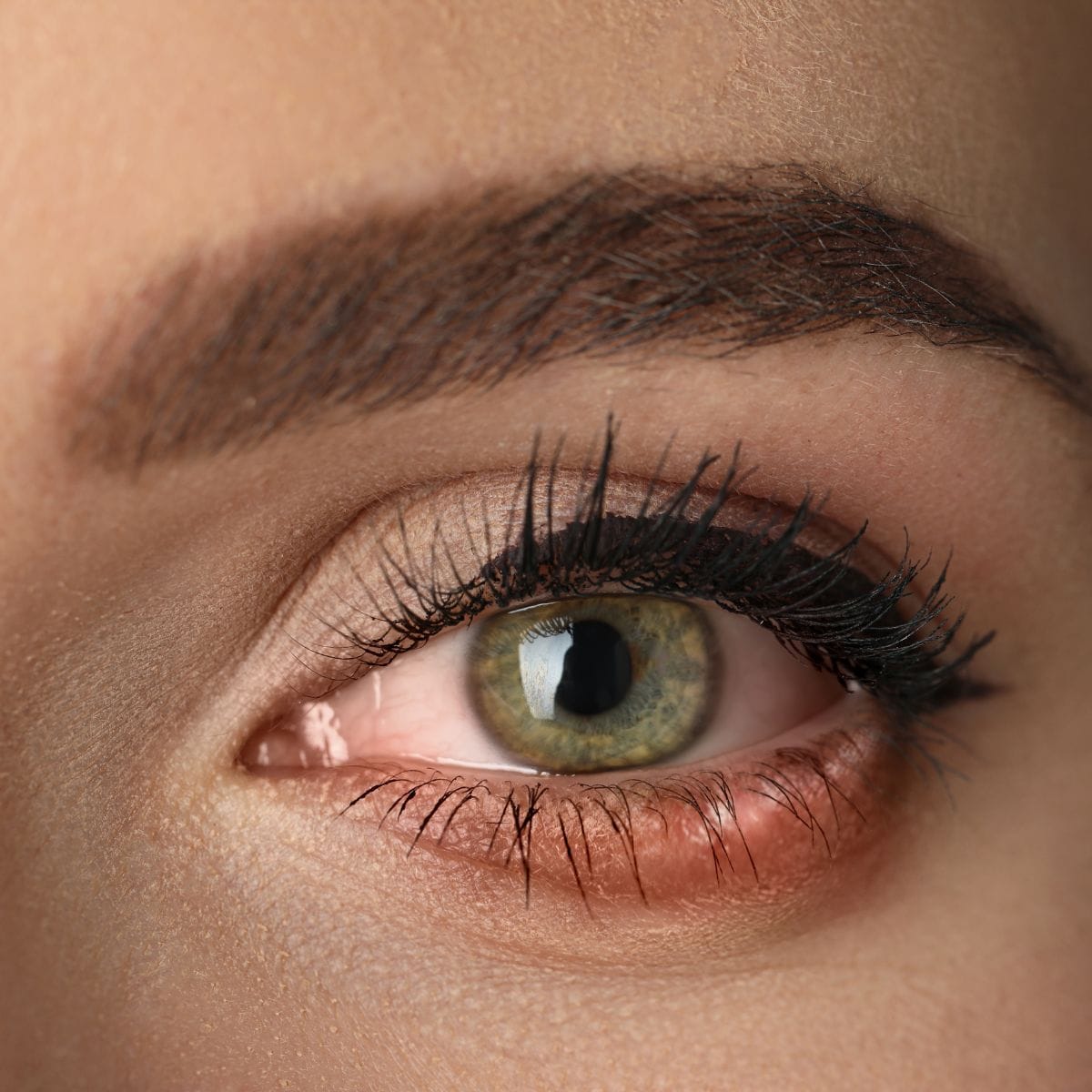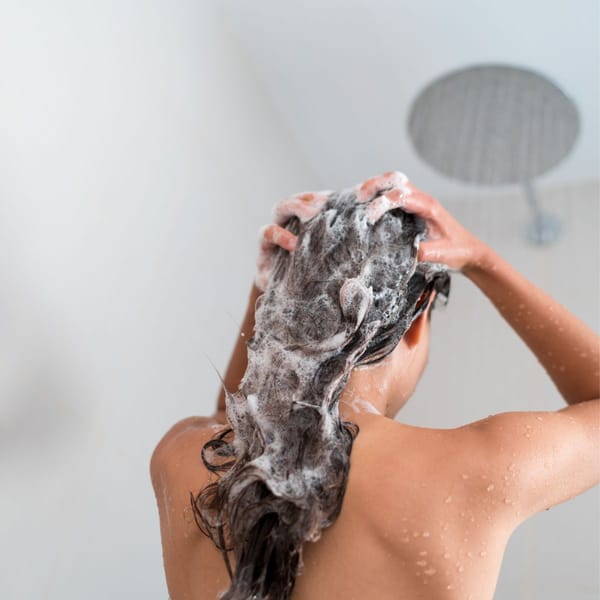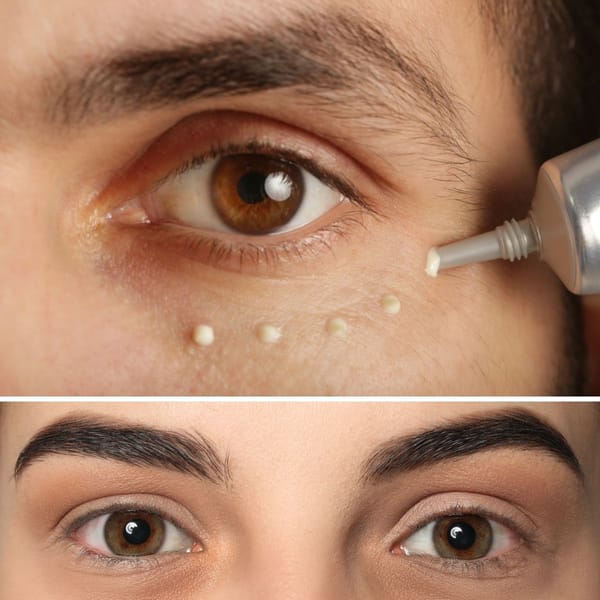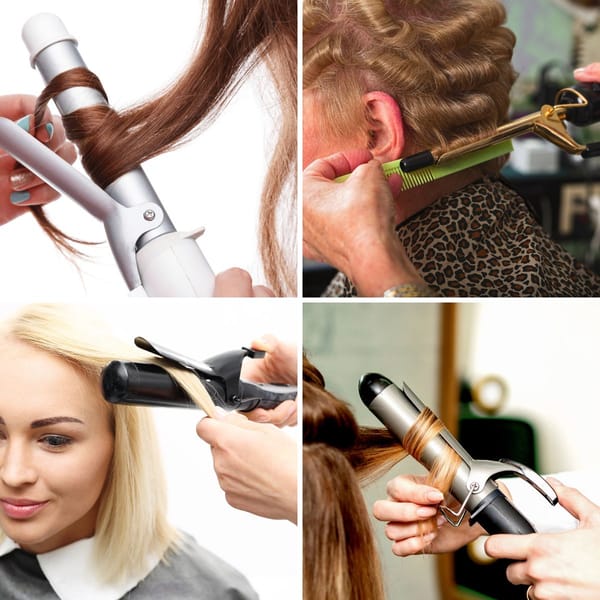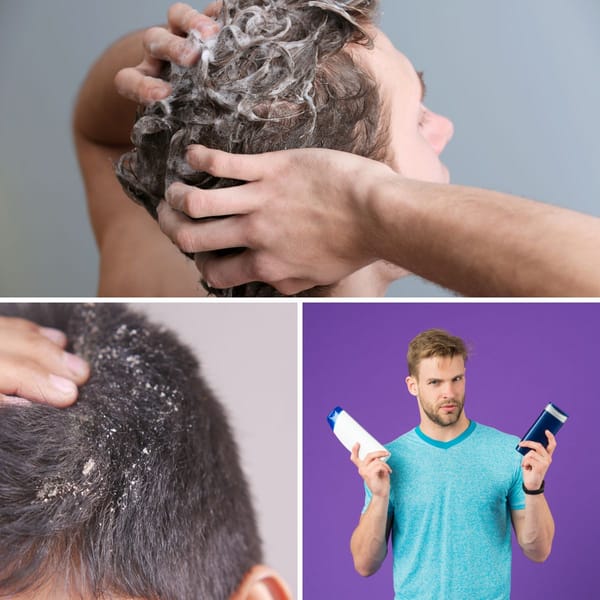Key Takeaways:
- Understanding the Causes: Learn why mascara can cause eye irritation and how to identify the symptoms.
- Preventive Measures: Discover tips to avoid eye irritation from mascara and other eye cosmetics.
- Treatment Options: Explore effective treatments for eye irritation caused by mascara.
Introduction
Mascara is a staple in many makeup routines, but for some, it can lead to uncomfortable eye irritation. If you've ever wondered, "Why are my eyes irritated by mascara?" you're not alone. This article delves into the common causes of eye irritation from mascara, how to prevent it, and what to do if you experience symptoms.
Common Causes of Eye Irritation from Mascara
Allergic Reactions
One of the primary reasons for eye irritation is an allergic reaction to certain substances in mascara. Ingredients like preservatives, certain fragrances, and dyes can cause allergic reactions, leading to redness, swelling, and itching. If you have sensitive eyes, it's crucial to choose products that are fragrance-free and ophthalmologist-tested.
Bacterial Growth and Cross Contamination
Mascara wands can harbor bacteria, especially if they are not cleaned regularly. Bacterial growth on the wand can lead to eye infections such as pink eye. Sharing cosmetics or using expired mascara can also increase the risk of cross-contamination and subsequent eye irritation.
Symptoms of Eye Irritation
Redness and Swelling
Redness and swelling are common symptoms of eye irritation caused by mascara. These symptoms can occur immediately after applying eye makeup or develop over time with repeated exposure. If you notice these signs, it's essential to stop using the product and consult a healthcare professional.
Itching and Burning Sensation
An itching or burning sensation around the eyes can indicate an allergic reaction or irritation from mascara. This discomfort can be exacerbated by rubbing the eyes, which can further irritate the skin and potentially lead to infection.
Preventive Measures
Choose the Right Mascara
Opt for mascaras that are specifically designed for sensitive eyes. Look for labels such as "fragrance-free," "ophthalmologist-tested," and "hypoallergenic." These products are less likely to contain ingredients that can cause irritation.
Proper Hygiene Practices
Maintaining good hygiene is crucial to prevent eye irritation. Always wash your hands before applying eye makeup, and avoid sharing your mascara with others. Replace your mascara every three months to minimize the risk of bacterial growth.
Tips for Applying Eye Makeup
Gentle Application
When applying mascara, be gentle to avoid scratching the delicate skin around your eyes. Use a light hand and avoid tugging at your lashes. This can help prevent irritation and reduce the risk of damaging your eyelashes.
Avoid the Lash Line
Applying mascara too close to the lash line can cause irritation. Try to keep the mascara on the lashes themselves and avoid getting it on the skin around your eyes. This can help minimize contact with potentially irritating ingredients.
Treatment Options
Over-the-Counter Solutions
If you experience mild eye irritation, over-the-counter eye drops can help soothe the symptoms. Look for products that are designed to relieve redness and itching. Always follow the instructions on the label and consult a healthcare professional if symptoms persist.
Consult a Doctor
For more severe or persistent symptoms, it's essential to consult a doctor. They can provide a proper diagnosis and recommend appropriate treatment options. In some cases, prescription medications may be necessary to address the underlying cause of the irritation.
The Role of Eyelash Extensions
Potential Risks
Eyelash extensions can also cause eye irritation, especially if the adhesive used contains formaldehyde or other harsh chemicals. These substances can cause allergic reactions and lead to symptoms such as redness, swelling, and itching.
Safe Practices
To minimize the risk of irritation, choose a reputable salon that uses high-quality, hypoallergenic adhesives. Ensure that the technician is experienced and follows proper hygiene practices. Regularly clean your eyelash extensions to prevent bacterial growth.
The Impact of Contact Lenses
Interaction with Mascara
Wearing contact lenses can increase the risk of eye irritation from mascara. Mascara particles can get trapped between the lens and the eye, causing discomfort and potential infection. It's essential to choose a mascara that is safe for contact lens wearers.
Proper Lens Care
Always insert your contact lenses before applying mascara and remove them before taking off your makeup. This can help prevent mascara from getting on your lenses and causing irritation. Regularly clean and replace your contact lenses as recommended by your eye care professional.
The Importance of Expiration Dates
Avoiding Expired Products
Using expired mascara can increase the risk of eye irritation and infection. Over time, mascara can become a breeding ground for bacteria. Always check the expiration date on your mascara and replace it every three months to ensure it's safe to use.
Recognizing Signs of Expiration
If your mascara has changed in texture, smell, or color, it's time to replace it. Using old or expired mascara can lead to eye irritation and other complications. Always store your mascara in a cool, dry place to extend its shelf life.
The Role of Makeup Brushes
Clean Brushes
Dirty makeup brushes can transfer bacteria to your eyes, leading to irritation and infection. Regularly clean your makeup brushes with a gentle cleanser to remove dirt, oil, and bacteria. This can help prevent eye irritation and keep your makeup application hygienic.
Proper Storage
Store your makeup brushes in a clean, dry place to prevent bacterial growth. Avoid leaving them in damp or humid environments, as this can promote the growth of mold and bacteria. Proper storage can help maintain the cleanliness and effectiveness of your brushes.
The Impact of Certain Fragrances
Fragrance-Free Options
Certain fragrances in mascara can irritate sensitive eyes. Opt for fragrance-free mascaras to reduce the risk of irritation. These products are less likely to contain ingredients that can cause allergic reactions.
Identifying Irritants
If you notice that your eyes become irritated after using a particular mascara, check the ingredient list for potential irritants. Common culprits include synthetic fragrances, preservatives, and dyes. Avoid products that contain these ingredients to minimize the risk of irritation.
The Role of the Immune System
Allergic Reactions
The immune system plays a significant role in allergic reactions to mascara. When the body identifies certain ingredients as harmful, it triggers an immune response, leading to symptoms such as redness, swelling, and itching. Understanding your allergies can help you choose the right mascara.
Strengthening the Immune System
Maintaining a healthy immune system can help reduce the risk of allergic reactions. A balanced diet, regular exercise, and adequate sleep can support immune function and overall health. Consult a healthcare professional for personalized advice on strengthening your immune system.
Summary
Eye irritation from mascara is a common issue that can be caused by allergic reactions, bacterial growth, and improper application. By choosing the right products, maintaining good hygiene, and following safe practices, you can minimize the risk of irritation and enjoy your eye makeup without discomfort. If you experience persistent symptoms, consult a healthcare professional for appropriate treatment.
FAQ
Q1: Can I still wear mascara if I have sensitive eyes?
A1: Yes, you can still wear mascara if you have sensitive eyes. Opt for products that are fragrance-free, hypoallergenic, and ophthalmologist-tested to minimize the risk of irritation.
Q2: How often should I replace my mascara?
A2: It's recommended to replace your mascara every three months to prevent bacterial growth and reduce the risk of eye irritation and infection.
Q3: What should I do if I experience eye irritation from mascara?
A3: If you experience eye irritation from mascara, stop using the product immediately. Use over-the-counter eye drops to soothe mild symptoms, and consult a healthcare professional if the irritation persists or worsens.

